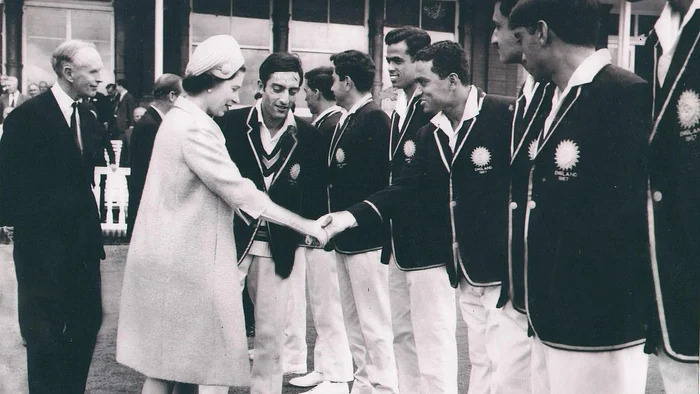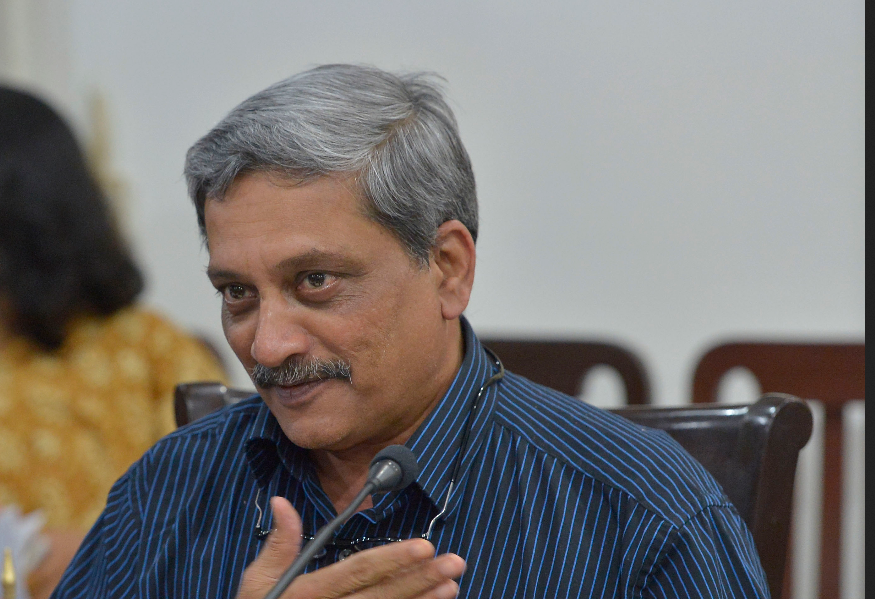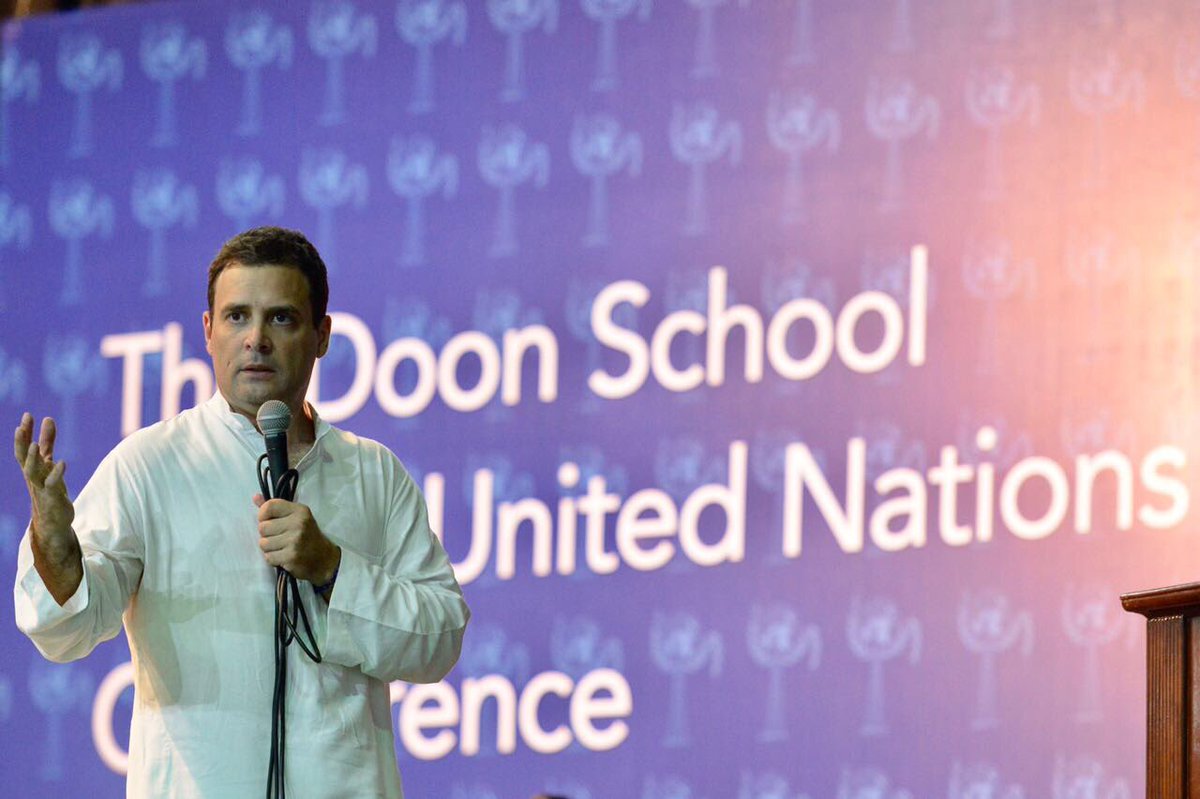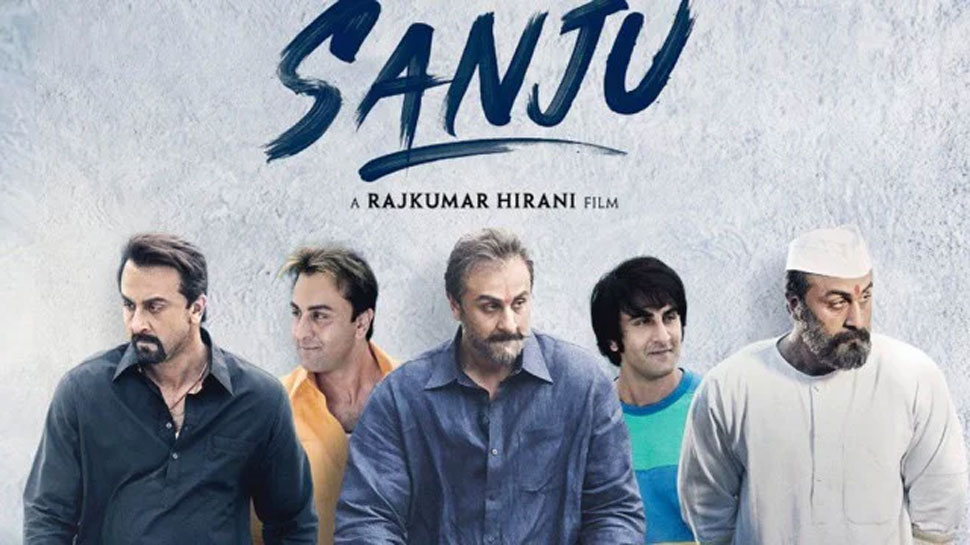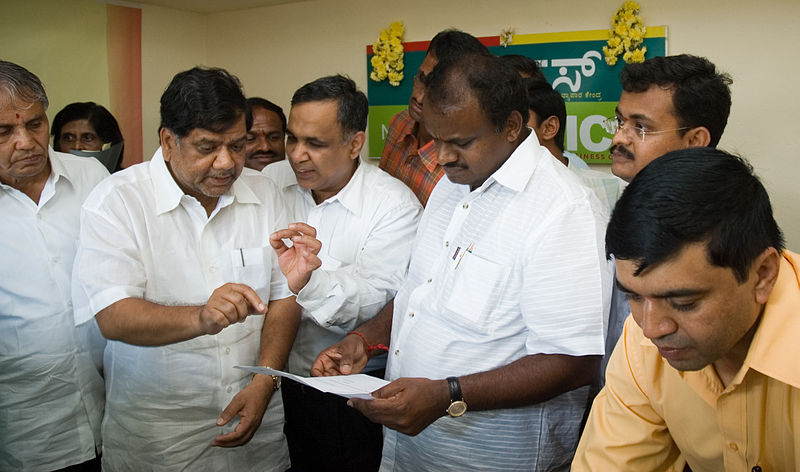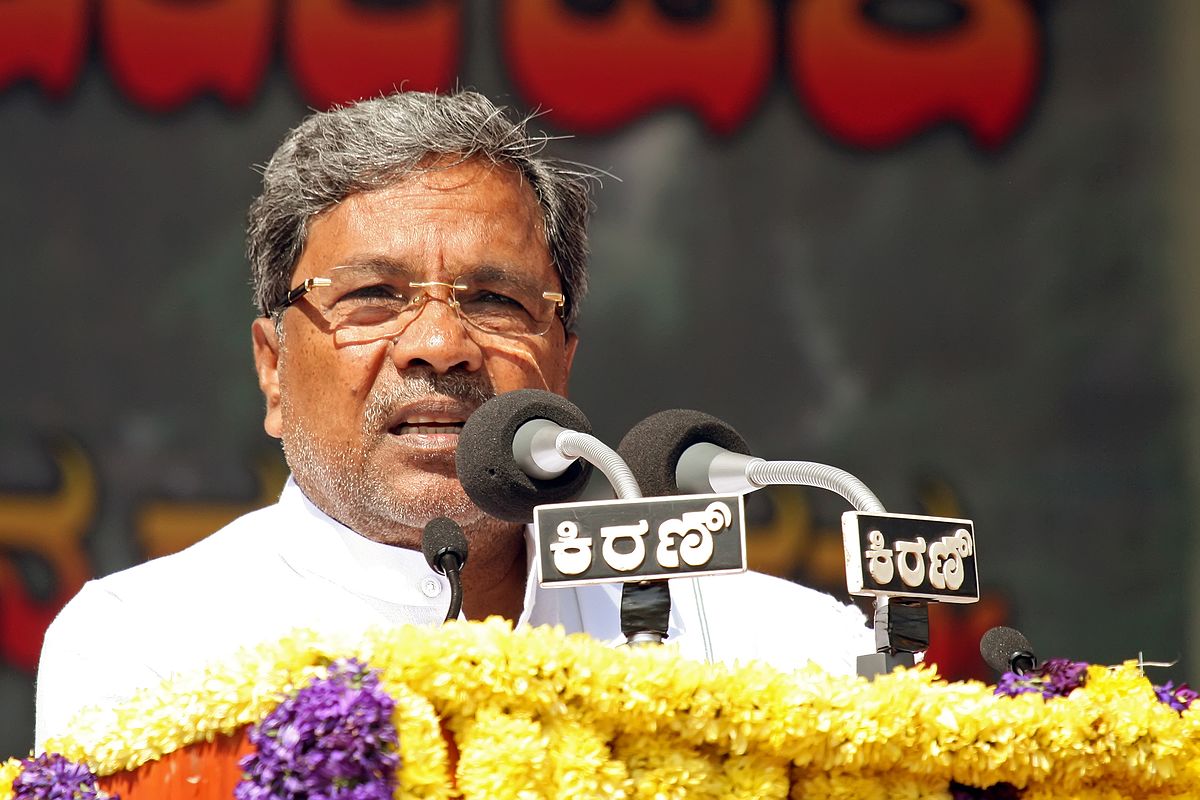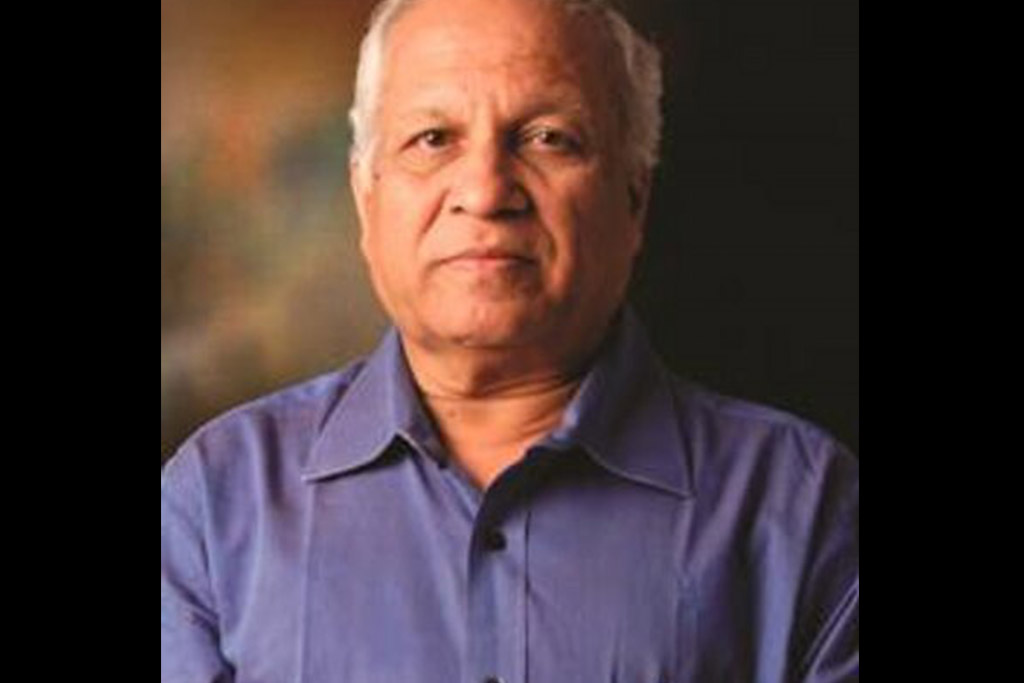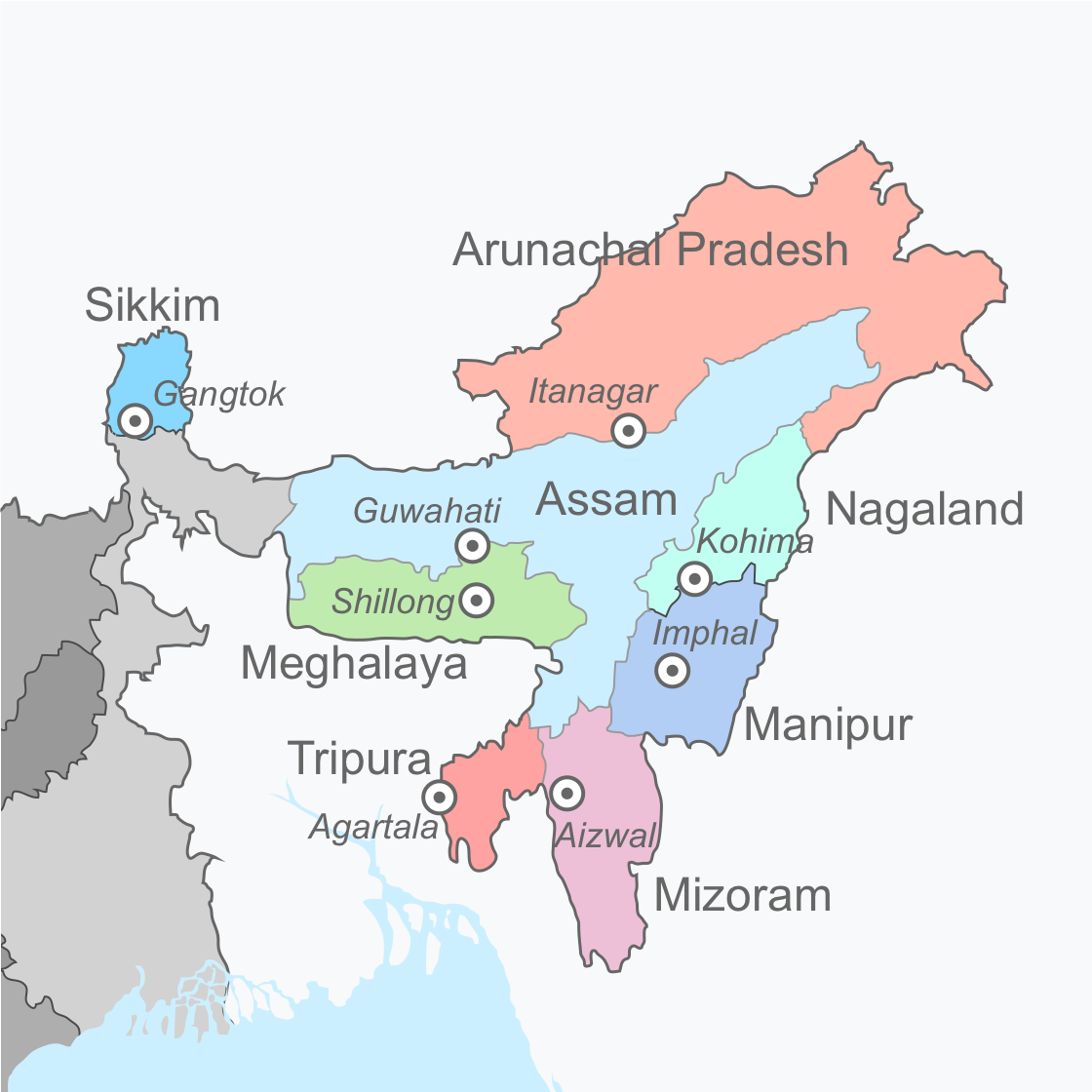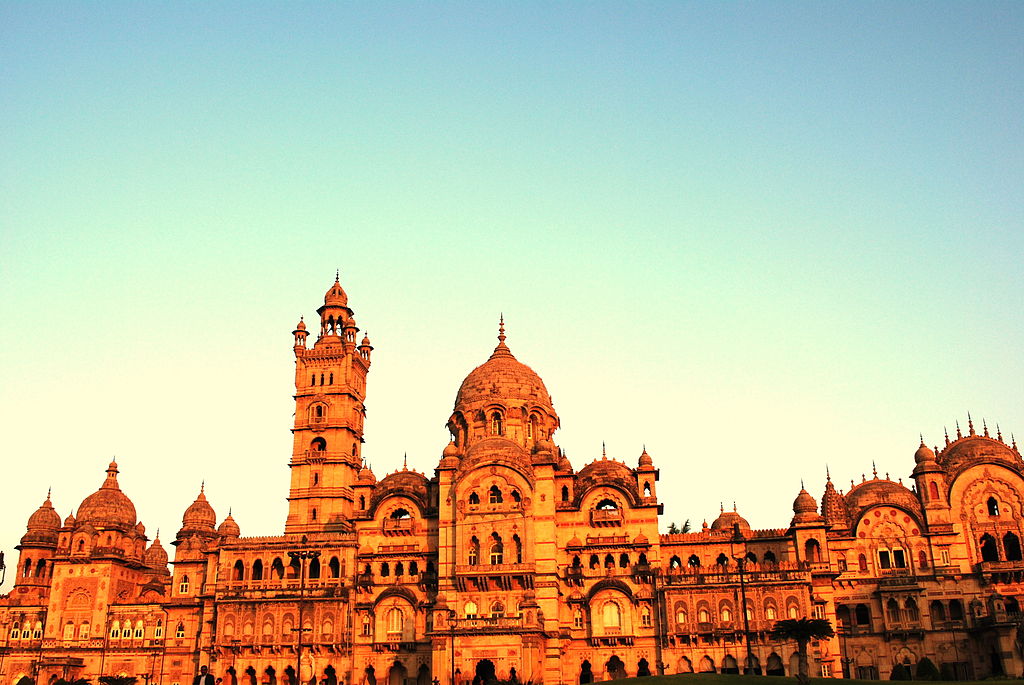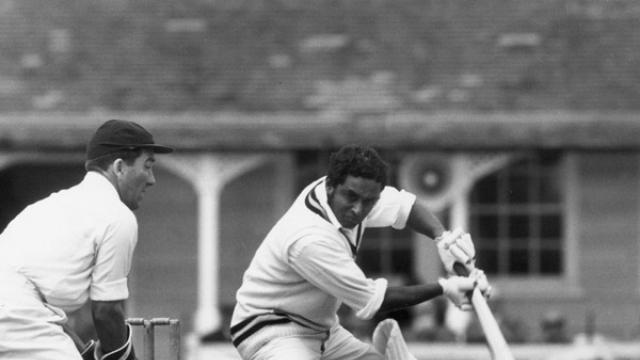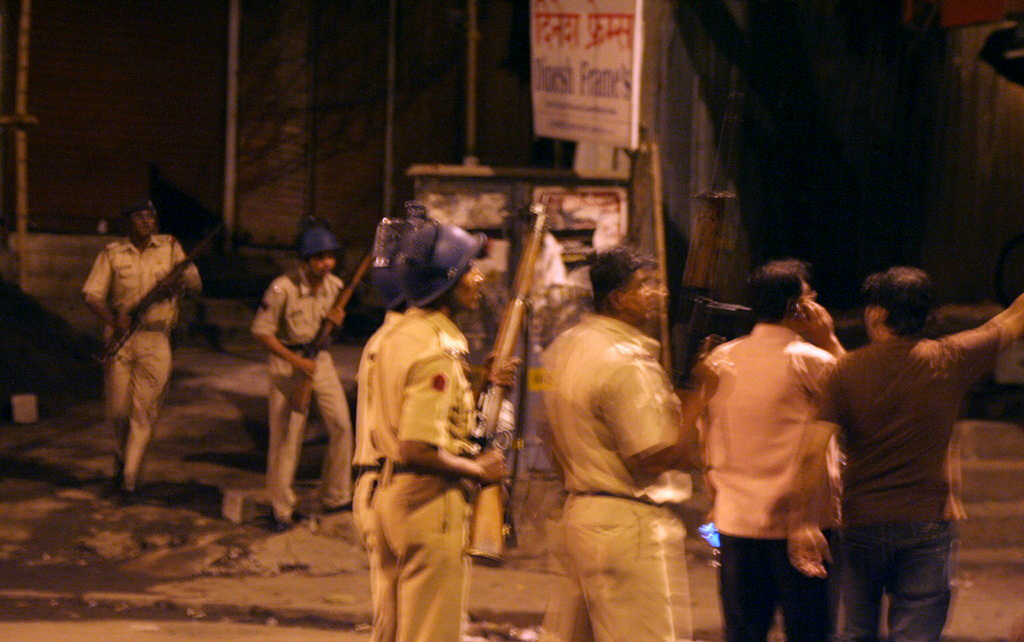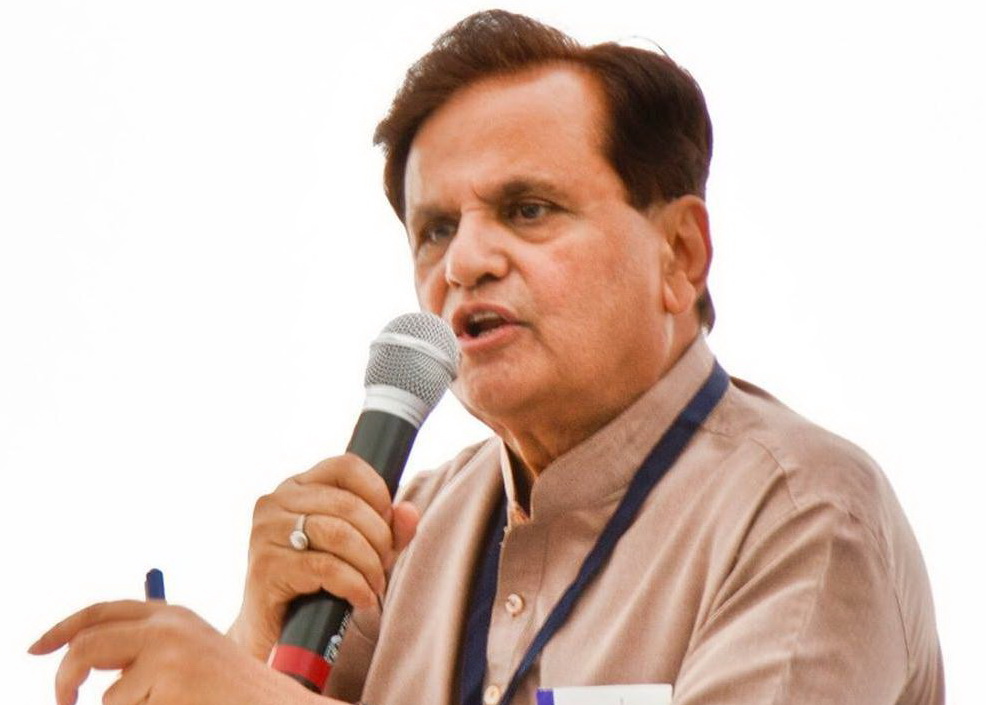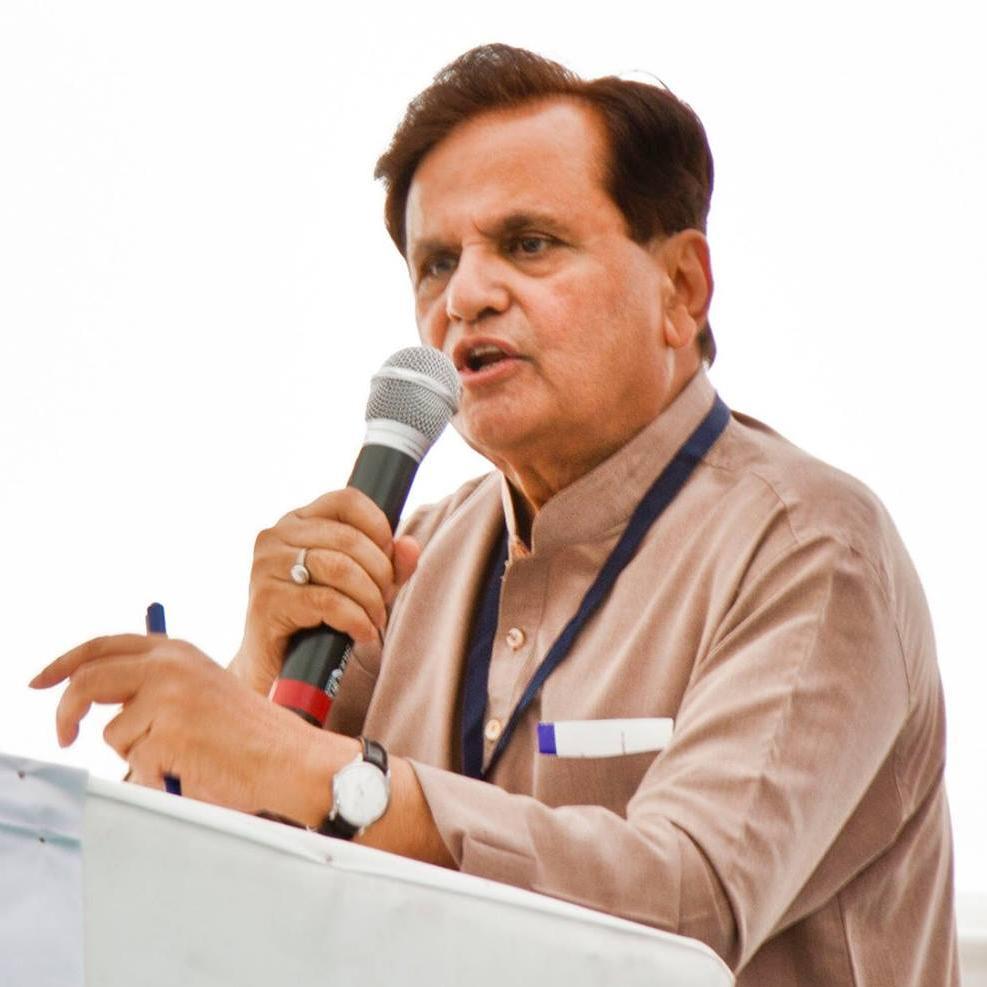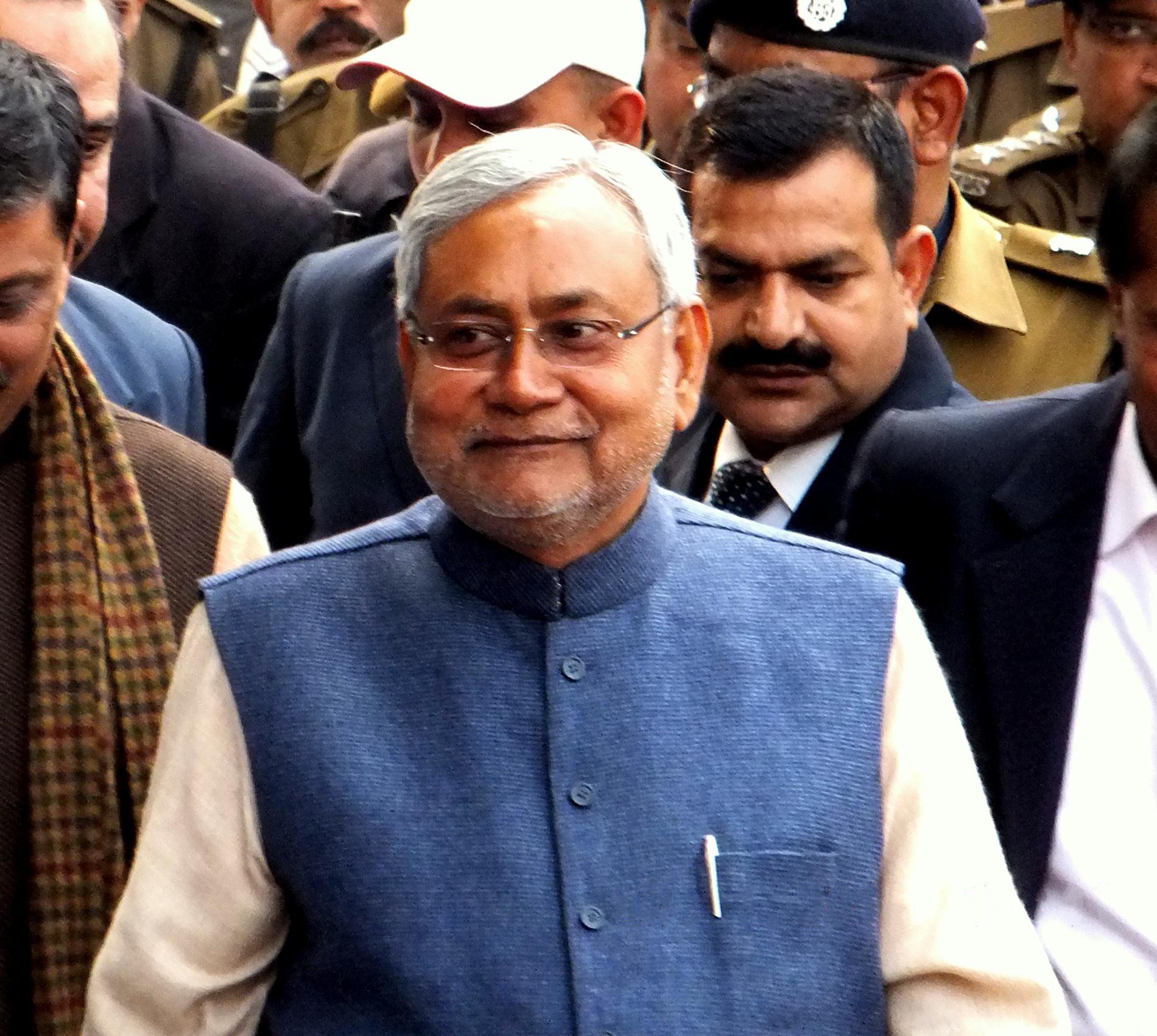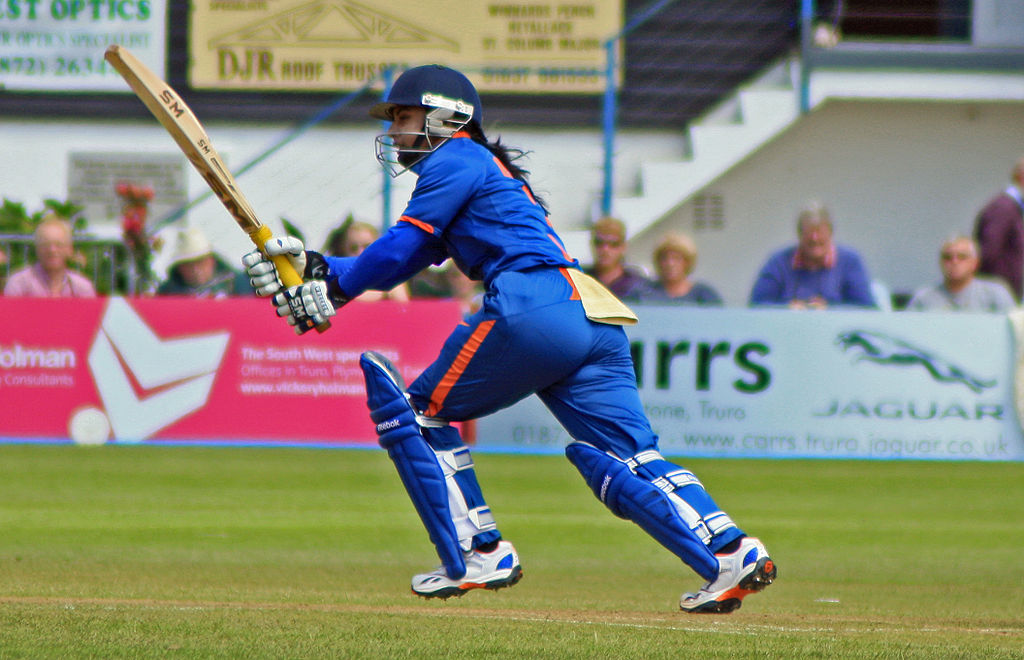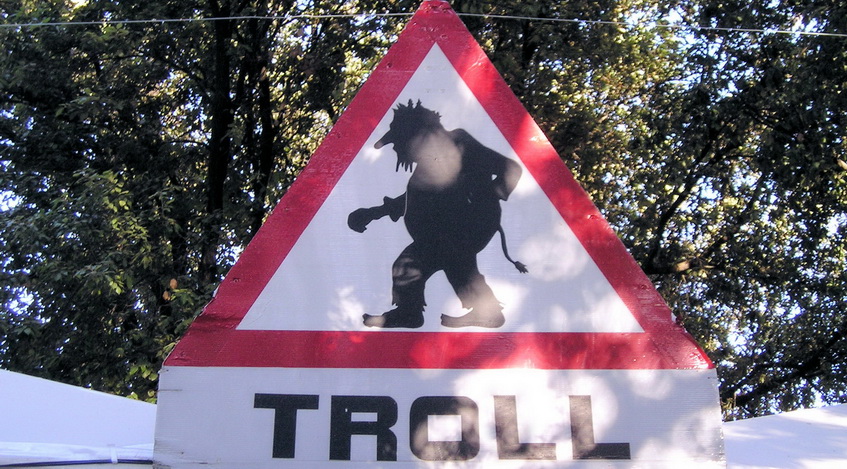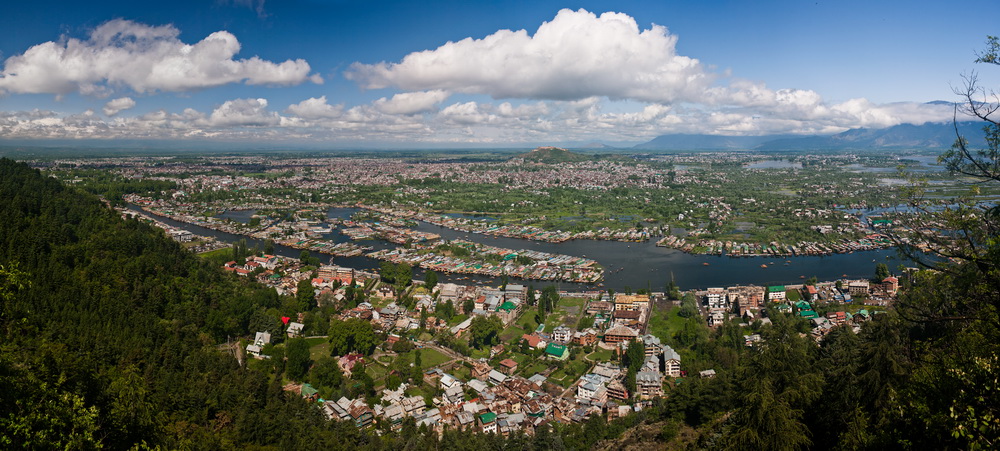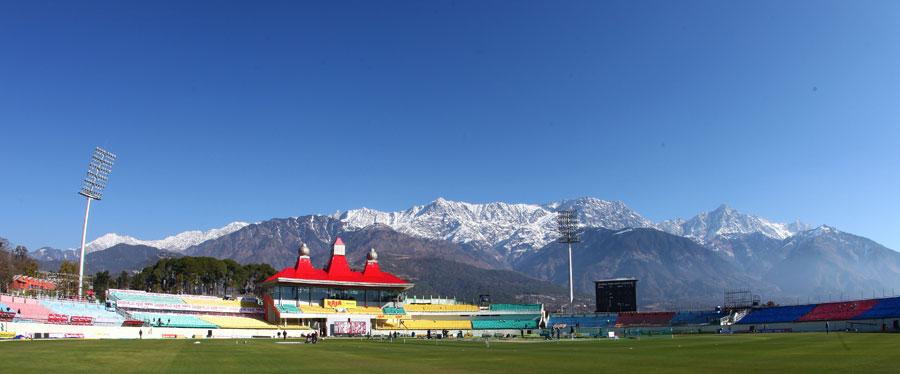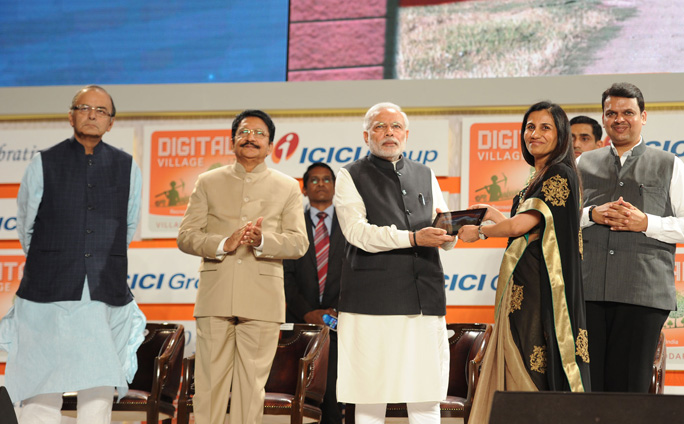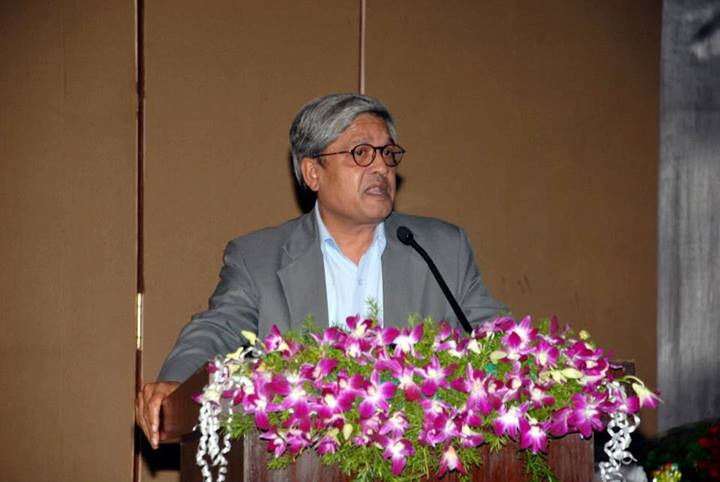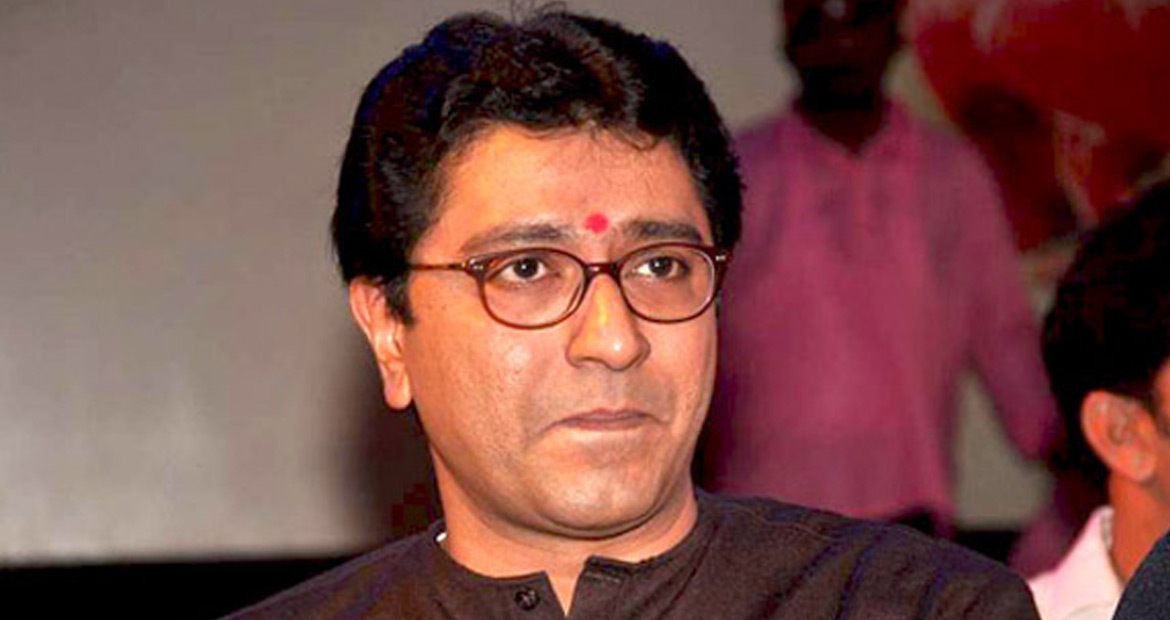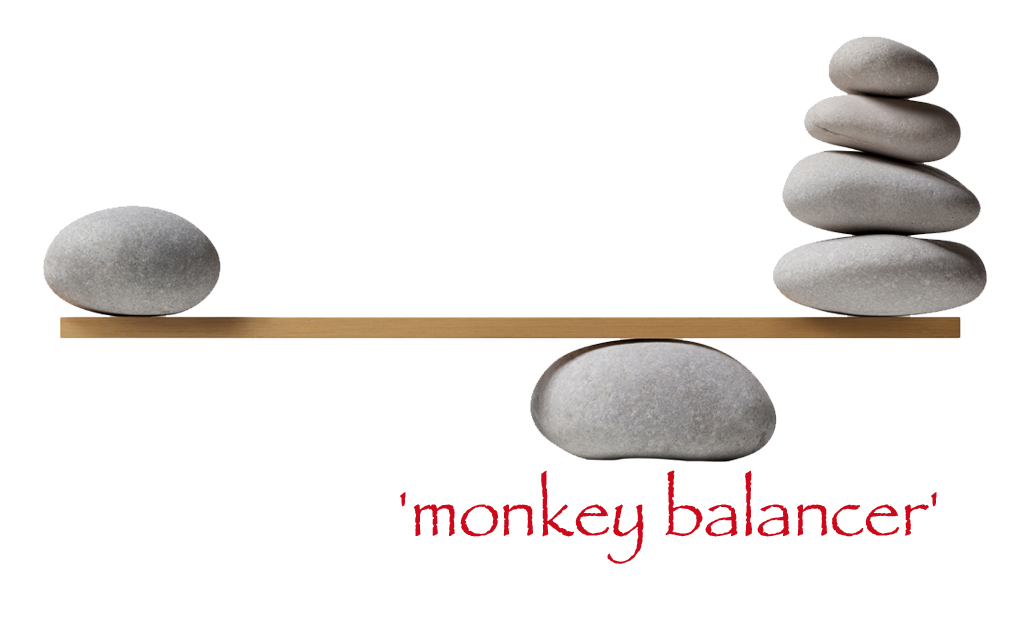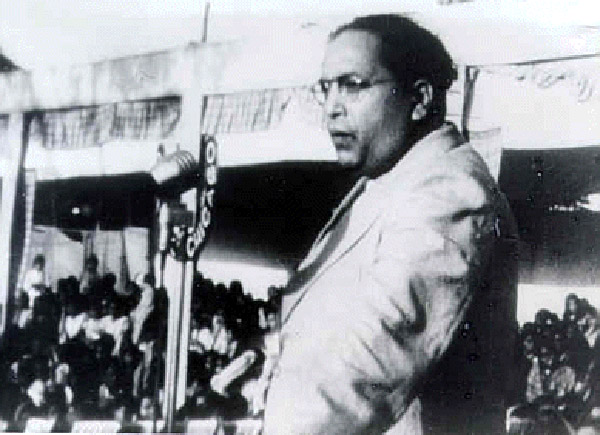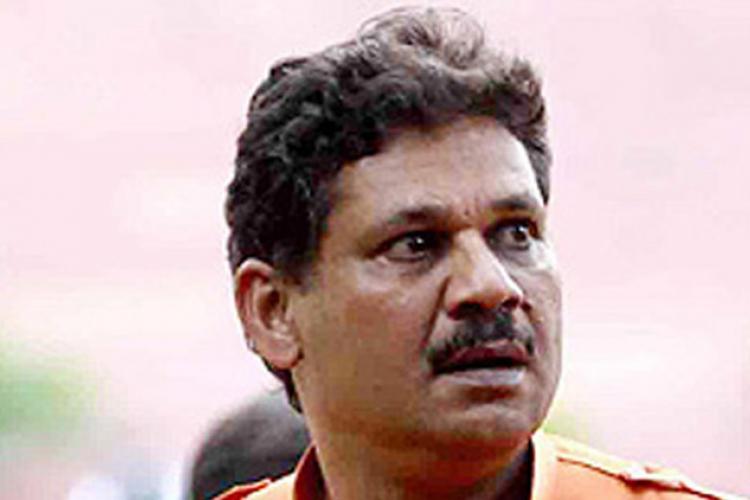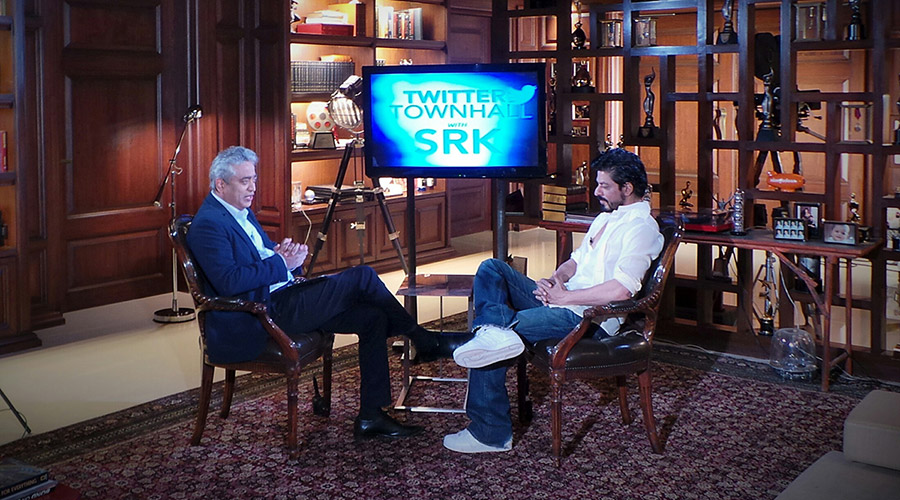
I am often asked why I keep reminding viewers/readers/netizens of 2002 Gujarat. ‘Look beyond it, the world has changed,’ I am helpfully reminded. Yes, indeed it has. And I am happy to report the new, changing India. When I wrote my 2014 elections book, a friend asked me why I hadn’t written more on my experiences of covering the 2002 riots: I reminded him that this book was about the elections of 2014 and how Narendra Modi won them. 2002 was part of the narrative,but was not the dominant issue because, yes, India had ‘moved on’ at the ballot box.
It’s so easy to ‘move on’ isn’t it when you haven’t suffered, haven’t seen the death of your near and dear ones, haven’t witnessed the uprooting from your homes. Yesterday, I met some of the families of the victims of the 1987 Hashimpura massacre. In the history of mass crimes driven by communal hatred in this country, Hashimpura is a little dot: 42 Muslims were shot dead. Don’t forget 3000 Sikhs were killed in Delhi 1984, nearly a 1000 people died in the post Ayodhya riots in 1992-93, and over a 1000 died in Gujarat 2002. Yes, there have been other terrible crimes along the way too: Kokrajhar, Bhagalpur, Nellie, Wandhama, Muzaffarnagar, and many more. Each time, innocent lives have been lost in the politics of hate and violence. And each time, there is little justice.
The Hashimpura families I met were poor Muslim artisans, struggling to keep body and soul together. For 27 years they have been knocking the doors of justice. This weekend, the door was shut on them when a court ruled that not a single accused policeman would be convicted because of lack of evidence. Think about it: 42 people are killed in cold blood, and no one is held guilty. We outraged when we were told no one killed Jessica; will we outrage when we are told now that no one killed 42 Indian citizens? Or is Hashimpura too far away from our metropolitan imagination for us to bother? Must these families pay the price for their anonymity? UP was ruled by the Congress when Hashimpura happened. Since then, the state has seen governments of the SP, BSP, BJP: nothing has changed. Truth is, when it comes to mass crimes, every government has blood on its hands. Which is why we must never forget and keep reminding ourselves of the past, if only to ensure justice is done in the future.
Post-script: I am often asked why do I not write/talk about other riots beyond 2002? Fact is, I do. I reported and helped co-write a book on the 1992-93 Mumbai riots where we extensively documented the failure of the then Congress government. Sadly, and maybe because I wasn’t in television, few people seemed to read the book titled ‘When Bombay Burned’. I didn’t report on 1984 because I was a nineteen year old college student, far away from journalism but on the 25th anniversary of the anti-Sikh riots produced an award winning programme on the violence. Why didn’t I report the exodus of Kashmiri Pandits I am asked: in 1990, I was a young journalist in Mumbai. My editor would not send me beyond the borders of my state, but again, I did report on the Pandit ‘refugee’ camps in Jammu in the mid-1990s as I have on innocent Kashmiri Muslims caught in the cross-hairs of terror. Sadly, we have reduced violence to a zero sum game: a ‘my’ riot versus ‘your’ riot narrative that only reveals deep prejudices. Victims of mass crime in any part of the country, of any religion, deserve justice. Hashimpura, like other acts of targeted violence, is part of our collective shame as a nation. Amnesia will not do: in the power of remembering lies the hope for justice and closure.



